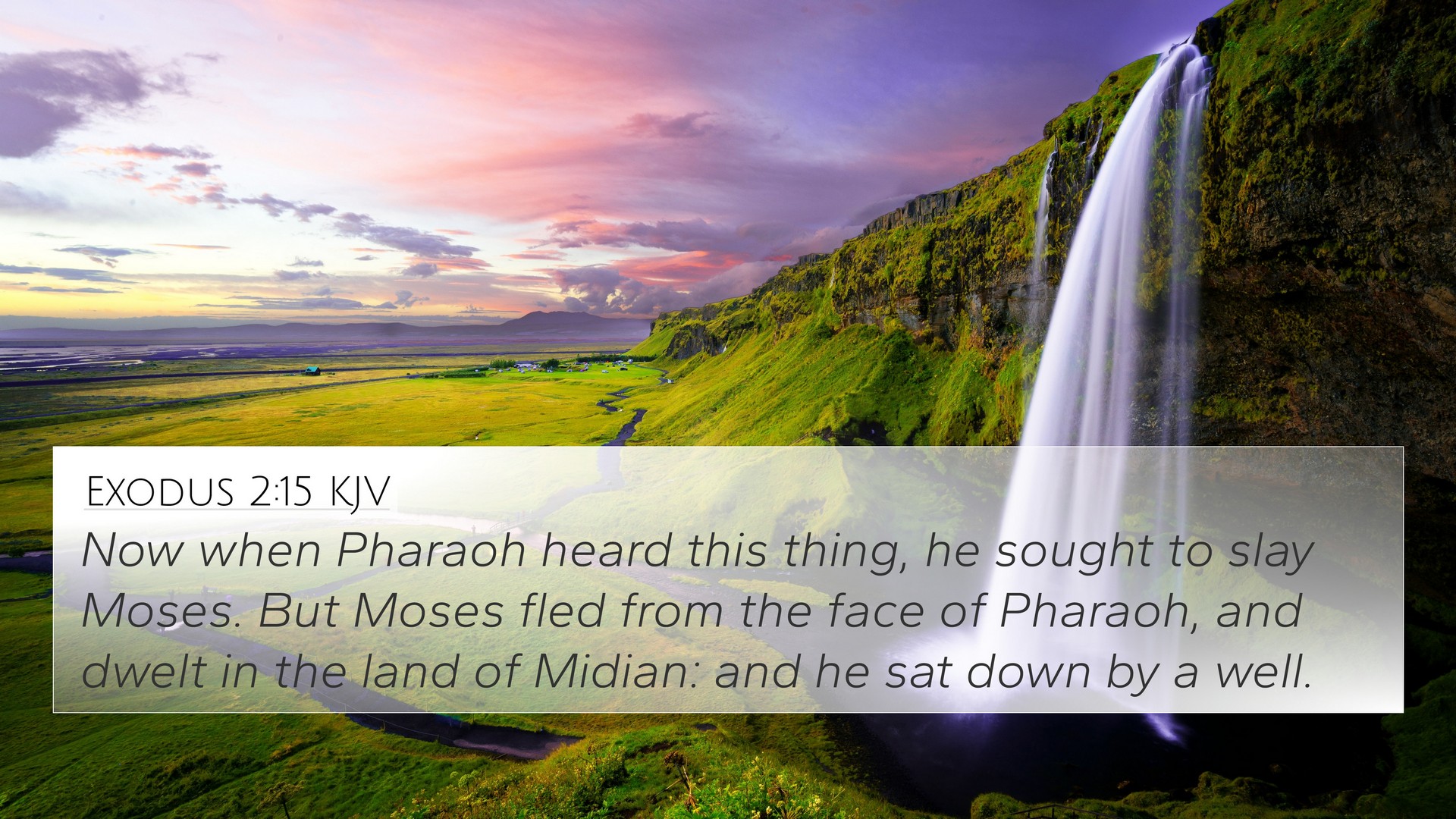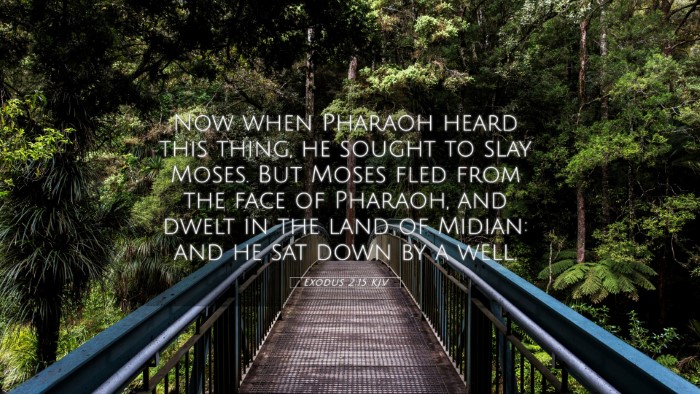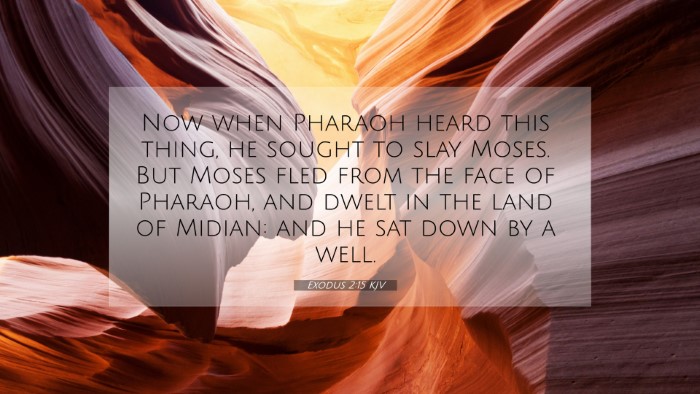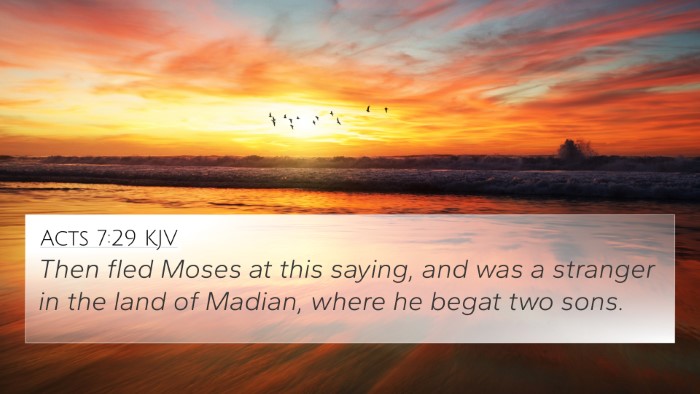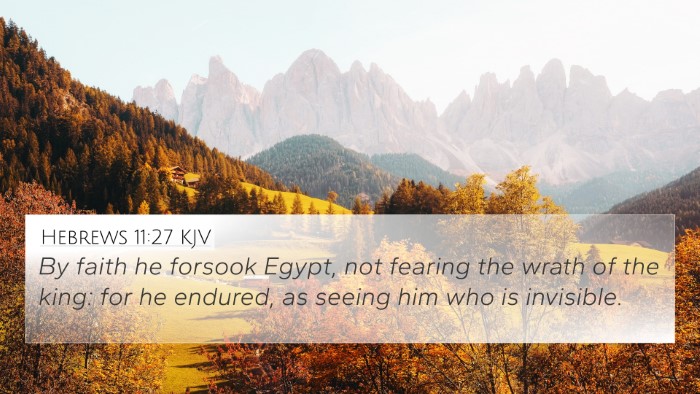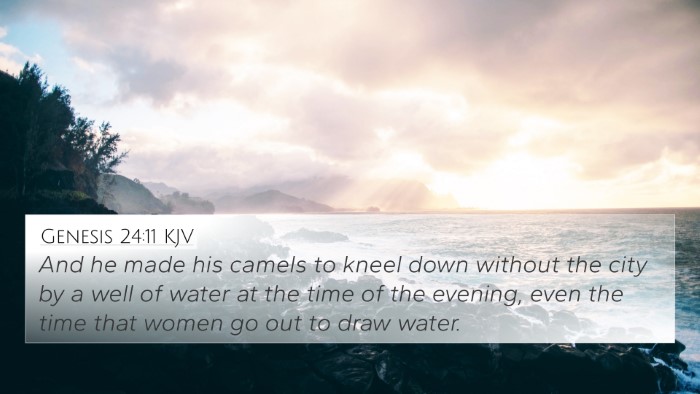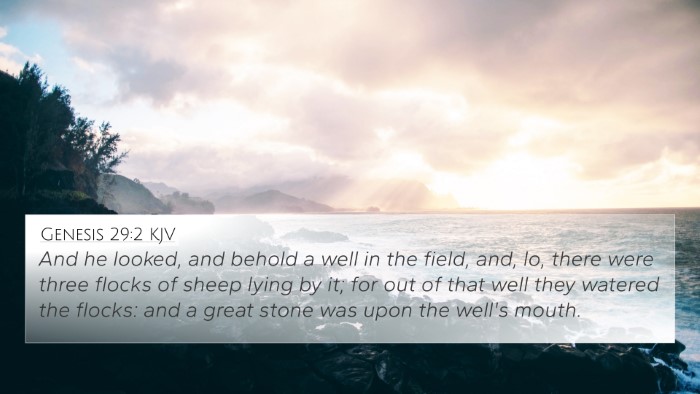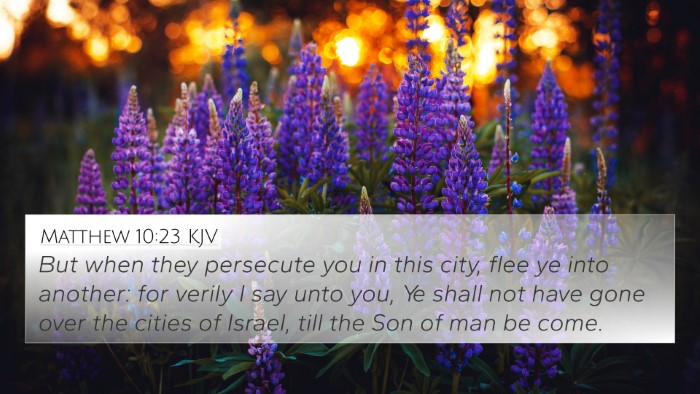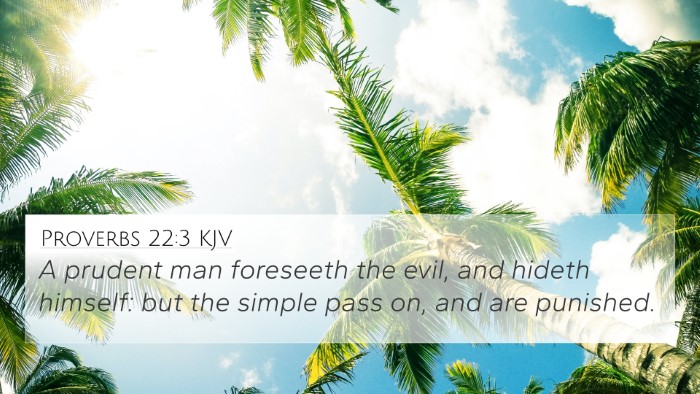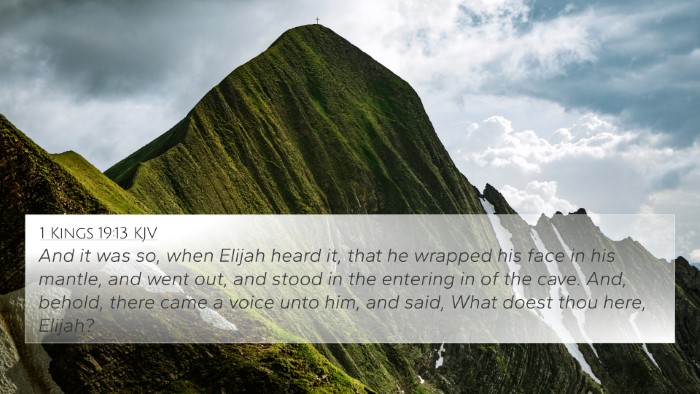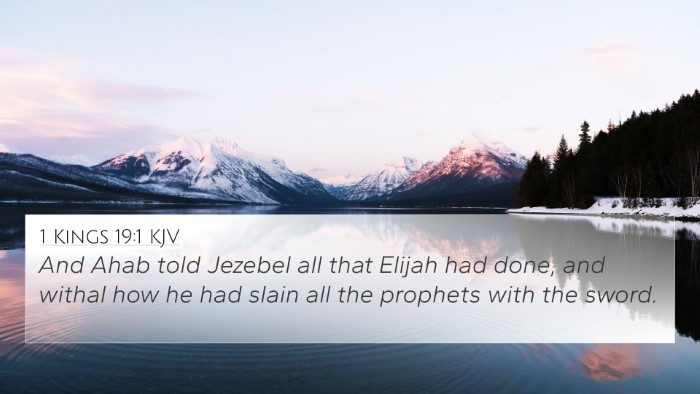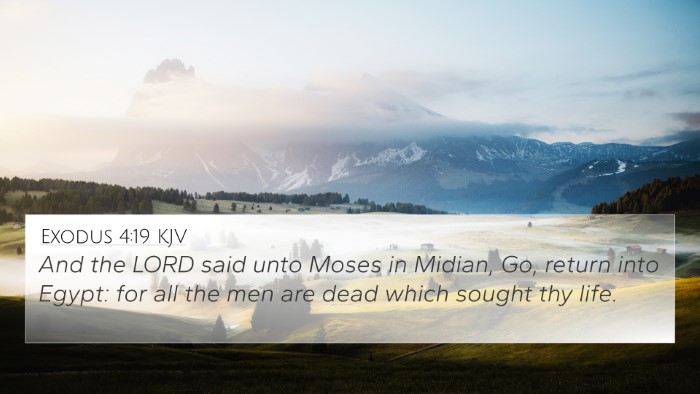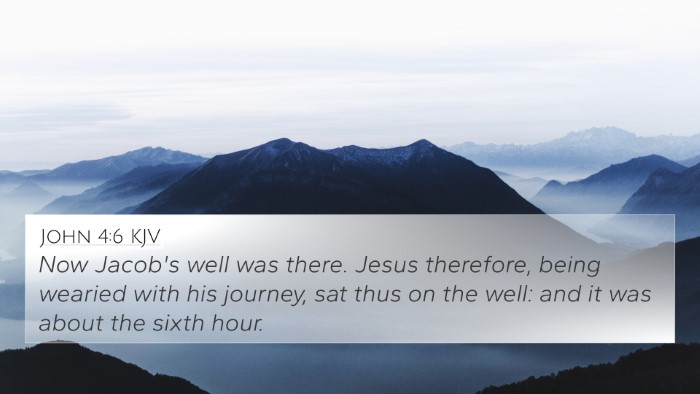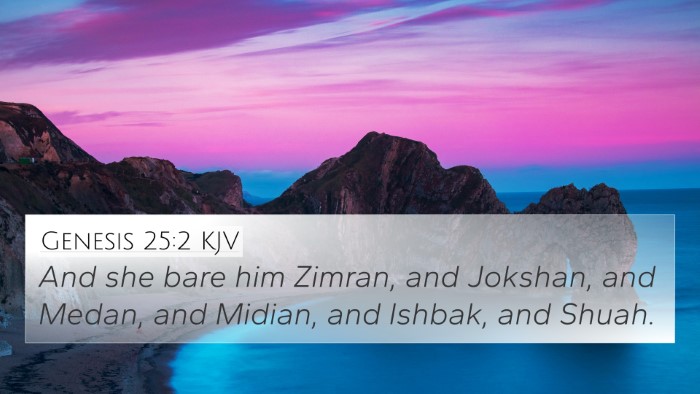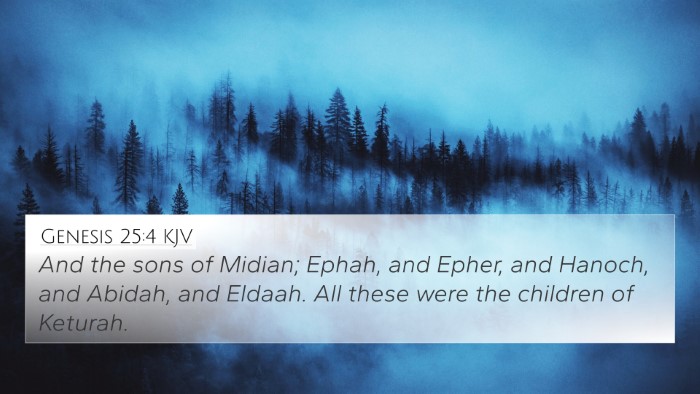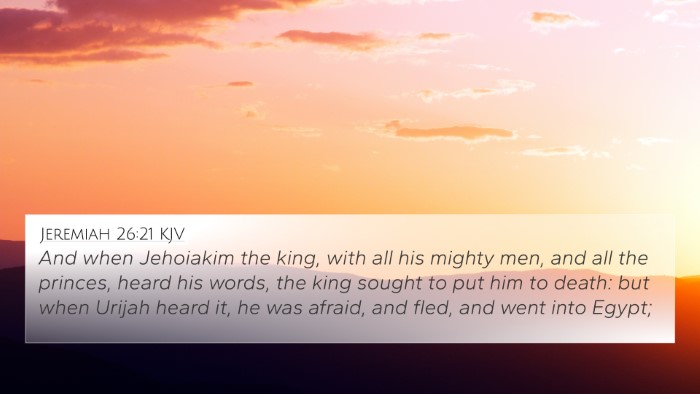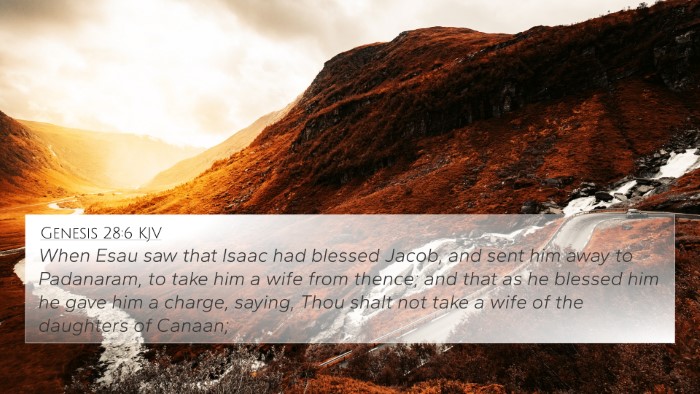Understanding Exodus 2:15
Exodus 2:15 states: "When Pharaoh heard of this matter, he sought to kill Moses. But Moses fled from the face of Pharaoh and dwelt in the land of Midian; and he sat down by a well." This verse marks a critical juncture in the life of Moses, reflecting both his immediate struggles and the larger narrative of God's plan for Israel's deliverance.
Contextual Analysis
Moses, raised in Pharaoh’s palace, faces the consequences of his actions when he kills an Egyptian to defend a Hebrew slave. This act of violence, though intended to protect, forces him into exile. The commentaries highlight several key themes:
- Consciousness of Injustice: Moses’s action reveals his innate understanding of justice and his identification with his people. His violent defense of the Hebrews reflects an urgent cry against oppression.
- Fear and Flight: The response of Pharaoh signifies the danger Moses faces and the repercussions of acting in anger rather than faith. This fear leads Moses to flee, setting the stage for God’s preparation of him as a leader.
- Divine Preparation: The flight to Midian is not just an escape; it is a period of training and character development essential to his future role as liberator of Israel.
Biblical Cross-References
Understanding Exodus 2:15 involves looking at various related scriptures. Here are some critical cross-references:
- Acts 7:23-29: Stephen recounts Moses's defense of his people and the eventual rejection he faced, paralleling the narrative in Exodus.
- Hebrews 11:24-26: This passage addresses Moses’s choice to leave the comforts of Egypt, highlighting his faith and the value he placed on suffering for Christ over enjoying fleeting pleasures.
- Exodus 1:22: This verse sets the background of Pharaoh’s oppression of the Hebrews and the broader context of Moses’s actions.
- Matthew 2:13: Similar to Moses’s flight, Joseph's escape to Egypt with Mary and Jesus underscores themes of danger and divine intervention.
- 1 Peter 2:9: In a new context, this passage highlights the identity of believers as a chosen people, a royal priesthood, echoing the theme of God’s chosen leaders.
- Psalm 105:26-27: Refers to Moses as God's messenger during Israel’s oppression, illustrating God's providential role in Moses's life.
- Exodus 3:10: God’s commission of Moses illustrates the importance of his early experiences in shaping his leadership role.
- Jeremiah 1:5: This verse connects to the theme of divine calling from birth, paralleling God's purpose for Moses.
- Isaiah 43:1: God calls Israel by name, reflecting the intimate relationship and the calling extended to Moses as part of His plan.
- 2 Corinthians 5:17: The transformative experiences Moses undergoes in exile can be paralleled with the new creation experienced by believers in Christ.
Thematic Connections and Interpretations
Across scripture, Exodus 2:15 invites comparative analysis through its themes of leadership, justice, and divine preparation:
- Leadership Development: The exodus of Moses illustrates how God forges leaders through trials. This can be compared to David’s early trials before kingship (1 Samuel 16-30).
- The Nature of Call: The connection to God’s calling seen in prophets and New Testament figures demonstrates a continuing narrative of divine purpose amidst human frailty.
- Justice and Action: The principle of standing against injustice is echoed in various scriptures, inviting believers to reflect on their responses to injustice today.
- Faith and Fear: Moses’s experience highlights the tension between faith-based action and fear-driven flight, a theme seen in the lives of many biblical characters.
Conclusion
Exodus 2:15 serves as a pivotal moment not only in Moses's life but in the unfolding story of God's people. By engaging in a comparative Bible verse analysis and considering thematic connections, one can appreciate the depth of this passage. Employing a robust Bible reference resource or cross-reference Bible study method can enhance understanding and provide a broader perspective on the scriptural narrative.
Tools for Bible Cross-Referencing
For further exploration of cross-references and thematic connections, individuals can utilize tools such as:
- Bible concordances to find similar themes or topics.
- Bible cross-reference guides to link various scriptures.
- Online Bible study tools that offer cross-referencing Bible study methods.
